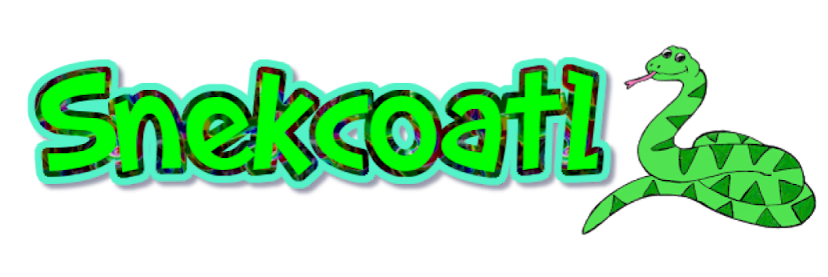Not everyone gets to meet their idol, which is why I consider myself lucky. The star I’m talking about is not a Hollywood celebrity but a local hero from our very own city of Toronto, John Steckley. This world-renowned linguist is the leading expert on the Wendat language and has lead many conservation efforts for Canada’s indigenous languages. Working closely with the city of Toronto, he has helped to add bilingual street signs to some of Toronto’s best known streets such as Spadina Road, which is called Ishpadinaa in Anishinaabe. I’ve attended one of his presentations, in which he mentioned the origin of the word Toronto itself, which means “place where there are trees in the water” in Mohawk.
Skeptics of the importance of the field of linguistics may doubt how preserving endangered languages does any good, not realizing what it means for cultures everywhere. In September, the fire that ravaged Brazil’s national museum took the entire linguistics section. This means that some languages of the Amazon tribes will never be heard again. José Urutau Guajajara, a spokesperson for indigenous rights in Brazil who had been researching at the museum, said that the monumental loss was like seeing the European conquest happening all over again. “This is like a new genocide, as though they had slaughtered all these indigenous communities again,” he said.
Language is inextricably linked with our cultural identity. For many, every word spoken in their native language is a powerful act of resistance against colonialism. This is an important factor to consider if we want to change education worldwide to be more culturally inclusive. In the 1919 essay the Centre of Indian Culture by Indian poet Rabindranath Tagore, it is argued that using a foreign education system could never address the needs of the local inhabitants of a country. He went on to say that it was wrong that all higher education in India was in English and that textbooks were always printed in English and never in India’s vernacular tongues. It’s something that’s still relevant to us when we look at the British patterned education system in Canada. To some, it may still seem too rigid and strict, even with all the changes that have been made to it. It raises the question of whether our education is the best for helping us learn or if it’s only meant to teach us to follow orders and obey colonial-like authority.
Language is not just important for education and decolonization, it is a tool for change. Our voice is the best weapon we have against injustice. Many fail to see why protecting linguistic diversity is important. It is true that the world seems to be moving in a direction of linguistic homogeneity, but instead of uniting us this trend is actually tearing us apart. If people in a foreign country learned English they would be able to understand you and follow your instructions, but you could never expect to reach their heart without talking to them in their mother tongue. You would never be able to inspire them to fight for a cause. Anyone who truly cares about making a difference should put mastering the art of language as one of their priorities.

No comments:
Post a Comment
Leave a comment